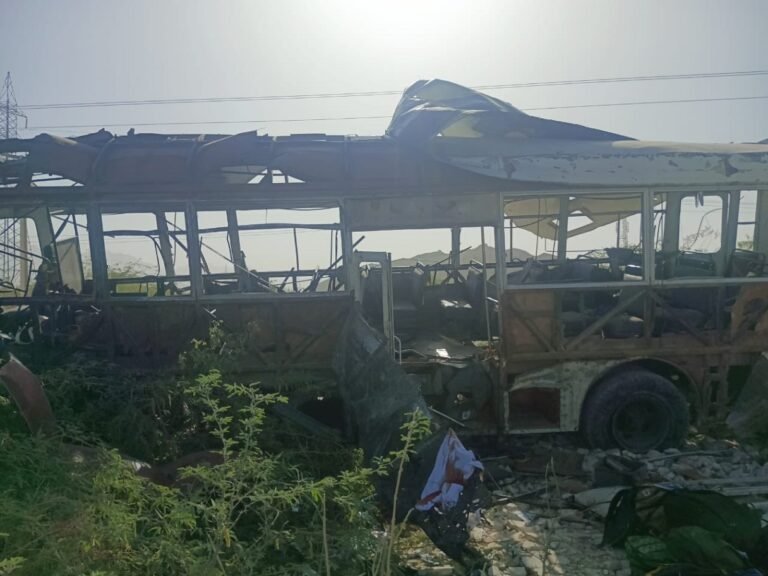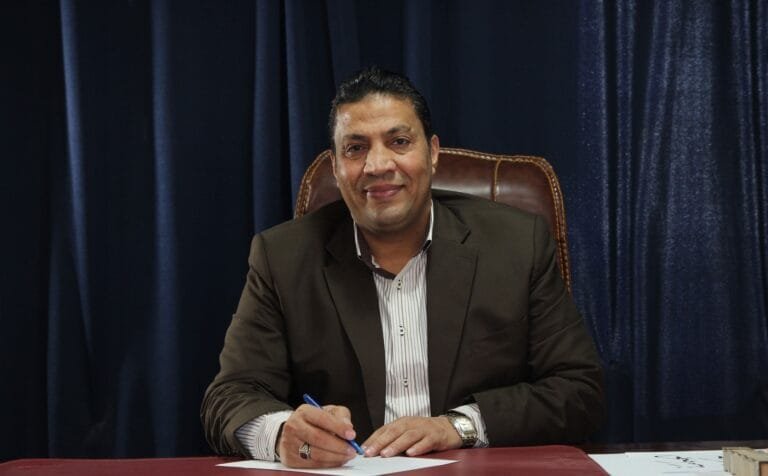Government Ends Solar Net Metering Policy in a sudden move. The proposal comes amid extended pressure from power generation and distribution companies. The companies are demanding the usage of grid power forcing the consumers to pay higher prices for electricity. Resultantly, the consumers will be moved to gross metering.
Interestingly, the previous PMLN government (2013-18) introduced the solar net metering policy. The Private Power and Infrastructure Board (PPIB) was encouraging net metering by utilization of solar energy technology at consumer end across domestic, commercial, industrial sectors. For this, National Electric Power Regulatory Authority (Alternative & Renewable Energy) Distributed Generation and Net Metering Regulations, 2015 were passed on September 1, 2015. These regulations provided the framework for implementing net-metering installations using solar and wind generation of up to 1 MW capacity.
This resulted in mushroom growth of solar installations across the country. Several individual households, small corporate setups and buildings adopted the Solar Systems for electricity. A small number of corporates groups installed higher generation of up to 1 MW capacity for their needs. It is pertinent to note that the net metering offered an affordable alternative to these entities. They wouldn’t need to install highly priced batteries for their systems. Instead, they would sell their unutilized electricity back to the government on a cheaper price. Resultantly, there were 63,703 solar installations across the country. Moreover, there were huge numbers of installations within the past 1 year due to increasing prices of electricity in Pakistan.
What is Solar Net Metering Policy?
The Solar Net Metering Policy refers to the installation of solar systems within a household or business environment and connecting it to the WAPDA meters. NEPRA’s Net Metering Policy states that the equipment installed for net metering may be single meter or two separate meters. In case of single meter, the equipment installed for net energy metering shall be capable of accurately measuring the flow of electricity in two directions.
Moreover, the Net Energy Metering Facility had safety and protection requirements that are necessary to assure safe and reliable operation. The individual or businesses installing the system had to pay a hefty fee for Net Metering connection.
The billing of the Net Metering System was also unique. It was ascertained on user’s utilization versus system deposit of units to DISCOs. Initially, it was thought that WAPDA will pay back for the extra units consumed by the NEPRA. However, it was converted into adjustments later.
Electricity Crisis in Pakistan
Electricity Crisis in Pakistan has existed for decades. It has faced issues of supply, line losses and recovery in different regions. Pakistan had a shortage of electricity in the decades of 1990’s. Subsequently, the then political governments made agreements with the infamous IPPs or the Independent Power Producers. It helped the government in managing the immediate electricity requirements of the country. Yet, there was no plan in place for a long term strategy to manage the electricity crisis.
The government introduced solar installations and net metering policy to lure the general public to install the solar systems. They could sell the units back to the government. Or, they could utilize it for their own needs and adjust the units with the ones from national grid. However, the issue rose when the government had to pay back the capacity payments to these Independent Power Producers. Currently, Pakistan is buying electricity from 90 Independent Power Producers across the country. These Power Producers had long term agreements with the government. Thus, the government gave in to their demands. On the other hand, the government backtracked on their commitments to the general public.
Electricity Price in Pakistan
Electricity Price in Pakistan has remained a serious issue. The average base tariff is PKR 29.79 per unit. However, the price of electricity rises up to PKR 62 per unit with additional charges. These include taxes, additional taxes, extra taxes and the fuel price adjustment.
Government Redesigns the Solar Net Metering Policy
The current notification of redesigning the Solar Net Metering Policy is result of lesser use of grid power by the consumers. The political turmoil has affected the overall economy of Pakistan in recent years. With increasing electricity prices in Pakistan, there is an increase in inflation and poverty across the country. Recently, the AJK govt had to accept protestors demands to reduce electricity in Azad Jammu and Kashmir. The domestic tariff has been fixed at PKR 3 per unit for up to 100 units, PKR 5 per unit up to 300 units and and PKR 6 per unit for 300 and above. The commercial tariff has been fixed at PKR 10 per unit for up to 300 units and PKR 15 per unit for 300 and above.
Moreover, there is a huge number of households and businesses converting to solar systems aligned with net metering. In return, the government has to pay the capacity charges instead of these entities. Thus, there is going to be a huge impact on the capacity payments to the Power Producers.
Although, it is one of the worst decisions for a common man, there are little options with the government itself.








